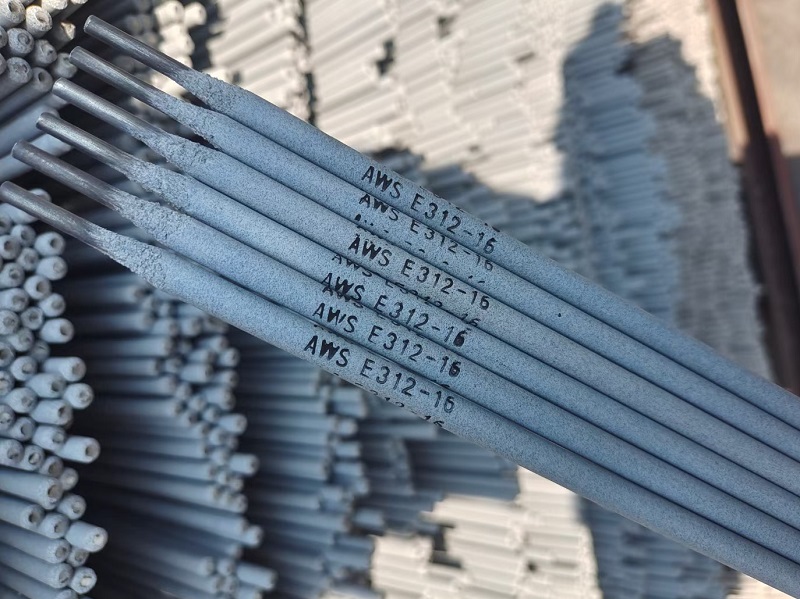Features of TOKO Brand Welding Rods AWS A5.4 E312-16
Exceptional performance for dissimilar steel welding and high-temperature applications
Dissimilar Metal Welding
- Specifically designed for welding dissimilar steels
- Excellent for joining stainless to carbon steel
- Ideal for unknown or mixed alloy compositions
High Chromium Content
- Contains 28-32% chromium for excellent corrosion resistance
- Provides good oxidation resistance at high temperatures
- Suitable for corrosive environments
Excellent Crack Resistance
- Superior resistance to hot cracking and fissuring
- Ideal for high constraint applications
- Minimizes weld failure in demanding conditions
All-Position Welding
- Can be used in all welding positions
- Easy slag removal for clean welds
- Stable arc characteristics
High Strength Deposits
- Produces high-strength weld metal
- Tensile strength typically exceeds 90,000 psi
- Good ductility and impact strength
Versatile Applications
- Widely used in chemical and petrochemical industries
- Excellent for repair and maintenance welding
- Suitable for high-temperature service applications
Technical Specifications
| Property | Value | Standard |
|---|---|---|
| Tensile Strength | 90,000 psi (min) | AWS A5.4 |
| Yield Strength | 65,000 psi (min) | AWS A5.4 |
| Elongation | 22% (min) | AWS A5.4 |
| Chromium Content | 28-32% | AWS A5.4 |
| Nickel Content | 8-10.5% | AWS A5.4 |
| Welding Positions | All positions | - |
| Current Type | AC or DC reverse polarity | - |
| Available Sizes | 2.5mm, 3.2mm, 4.0mm, 5.0mm | - |

The information contained or otherwise referenced herein is presented only as "typical" without guarantee or warranty, and TOKO Corporation expressly disclaims any liability incurred from any reliance thereon. Typical data and Test results for mechanical properties, deposit or electrode composition and other properties were obtained from a weld produced and tested according to prescribed standards, and should not be assumed to be the expected results in a particular application or weldment. Actual results will vary depending on many factors, including, but not limited to, weld procedure, plate chemistry and temperature, weldment design and fabrication methods. Users are cautioned to confirm by qualification testing, or other appropriate means, the suitability of any welding consumable and procedure before use in the intended application.
